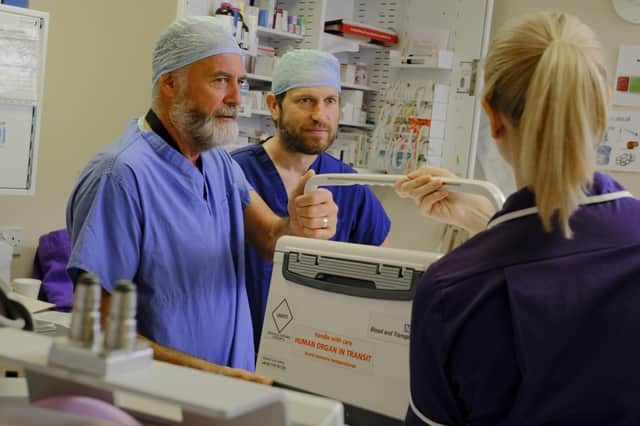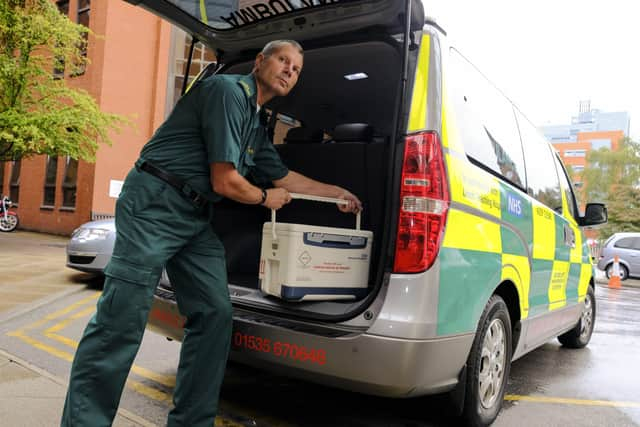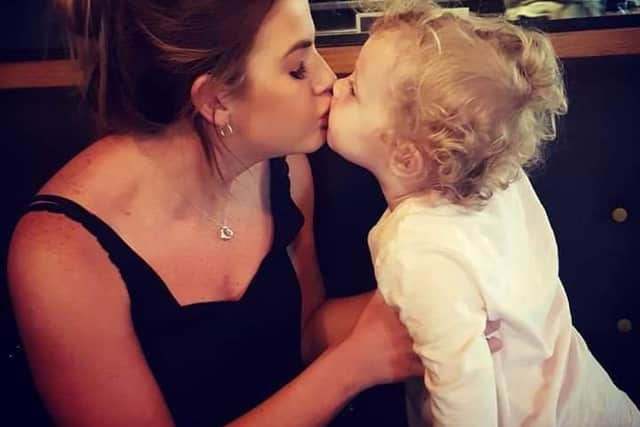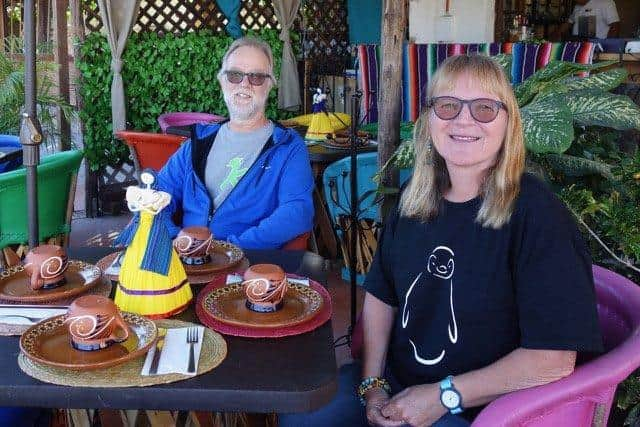Organ donation gives people the gift of life and their freedom back


For the first time since the new law came into effect on May 20, 2020, NHS Blood and Transplant is publishing initial data which highlights the positive impact the new law has had to date in helping to save lives through the gift of organ donation.
Initial figures collated up until October 31, 2020 showed that so far, 135 people have donated their organs after being considered as willing to donate as they had not expressed an organ donation decision during their lifetime.
Advertisement
Hide AdAdvertisement
Hide AdThese donations account for 26 per cent of all donations that took place during the same time period and resulted in a total of 341 organs transplanted.


Anthony Clarkson, director of organ and tissue donation and transplantation, at NHS Blood and Transplant, said, “Although the law change came into effect in the midst of the first lockdown, we have been able to complete training for all of our specialist nurses and implement the new law across the country.
“It is still early days, but we have been really encouraged by the levels of support shown for organ donation and the new law over the last six months.
“While it is important to remember that many of these families may have agreed to organ donation even if the law hadn’t changed, for others, it has provided them with the confidence to allow organ donation to go ahead.”
Advertisement
Hide AdAdvertisement
Hide AdUltimately, the family makes the final decision if the time comes but chatting about your wishes with family members can give them the confidence to make a decision at what is a very difficult and dark time.


Dee Lothian, 37, lives in Eastbourne and currently works as a healthcare assistant at the DGH.
Dee’s daughter Tiffany was diagnosed with a liver condition and desperately needed a transplant.
Dee said, “Tiffany was seven months old, critically ill and dying.
Advertisement
Hide AdAdvertisement
Hide Ad“She was a tiny baby, and you can’t have a liver of more than ten times your body weight, so we were looking for a small child or baby who has passed away and whose parents have chosen to donate their organs. That really is a difficult situation and our only option was taking part of a liver from a live donor.


“Thank goodness my niece, Fern, was a match and she is a very, very petite adult. Even then they weren’t sure but it was our only hope.”
Tiffany is now five, attends St Andrew’s School and is a healthy and happy little girl.
Dee said, “It has been completely life-changing. She is thriving and you would never know.”
Advertisement
Hide AdAdvertisement
Hide AdDee is now committed to raising awareness for organ donation to help save the lives of others.
She has joined forces with other transplant recipients, families of deceased donors and those who have first-hand experience of organ transplants to form a group called Share Your Wishes.
The group aims to start conversations within families about organ donation.
Rik Walton, from Battle, had a kidney transplant 27 years ago and it enabled him the freedom to travel the world and live life to the full.
Advertisement
Hide AdAdvertisement
Hide AdRik went to see his GP after suffering from headaches for a few days.
He said: “I saw a young trainee doctor and she said it might be a problem with my kidneys.”
Rik was later diagnosed with IGA naturopathy, an auto-immune disease which causes damage to the kidneys.
He said, “To begin with I had regular check-ups, the headaches went and it wasn’t too bad. They told me it would probably take around 20 years to develop.”
Advertisement
Hide AdAdvertisement
Hide AdHowever, Rik’s illness progressed more quickly and his kidney function plummeted. The headaches returned and were accompanied by sickness.
He said, “It was all caused by the symptoms because the kidneys weren’t working properly.
“Towards the end of 1992, and it was still getting worse, I asked the hospital if I could go on holiday then said I could if I came straight back for a check-up, so I went away to India.
“It was very up and down while I was there and when I came back I had to be put of dialysis with a tube connected to my stomach.
Advertisement
Hide AdAdvertisement
Hide Ad“I was put on the waiting list for a kidney and I was so lucky because one was found for me in just three months.
“I have been incredibly lucky with it and generally am very stable.”
Rik said he would not be alive today without the organ transplant and added, “I, like all transplant recipients, think regularly about my donor and am so very grateful.”
His transplant enabled him to work as a recording engineer until he was 65.
Advertisement
Hide AdAdvertisement
Hide AdThe 67-year-old is now enjoying retirement and loves to travel. He returned from New York just before the first lockdown and has since been shielding from Covid-19. However, he is looking forward to many more years of travel with his wife, Sally, who is a retired NHS renal counsellor.
Sally worked at the Royal Sussex County Hospital, which provides renal services for all of Sussex. As Rik has himself had a kidney transplant, Sally has both personal and professional experience of transplants and the difference they can make.
She said, “Life of dialysis is very, very difficult for people.
“They have to go to hospital three days a week for four hour sessions every day and that can go on for ten years or more.
Advertisement
Hide AdAdvertisement
Hide Ad“In my job I dealt with the emotional side of that as it can, of course, be incredibly depressing for people and cause huge emotional fallout because of the disruption.
“People on dialysis find it hard to hold down a job and relationships are often put under great strain.
“People on dialysis face a fluid restriction of 500ml to one litre a day and have diet restrictions too. And of course you don’t feel well and families are not always understanding.
“When people get a transplant and it is a success, they get their freedom back and their life back.
Advertisement
Hide AdAdvertisement
Hide Ad“On dialysis, most patients get depressed because their life has been taken away from them.
“It takes a very strong person to cope with ten years on dialysis.”
Sally was also counsellor to living kidney donors.
She said, “It was an important part of my role to ensure the donor was not under pressure and was donating their kidney because they want to.”
Sally said transplants from living donors can be a ‘beautiful thing’ but can sometimes cause emotional difficulties.